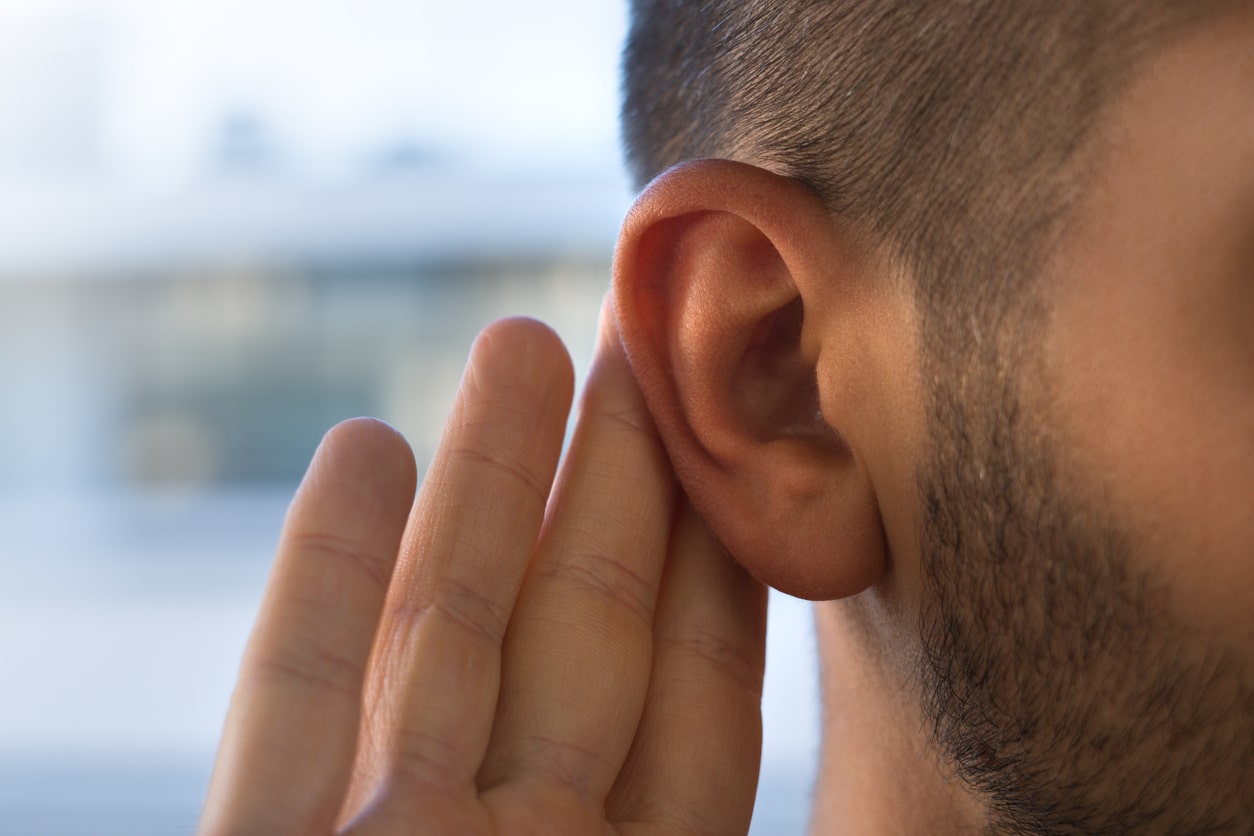Audiologists use multiple methods to assess hearing, one of the most common being pure tone testing. This test involves listening to a series of beeps through headphones and signaling when you hear them. You may have taken this test in elementary school. A crucial but sometimes less familiar method is speech testing. This evaluates your ability to hear and comprehend words or phrases, providing valuable insights into your physical hearing capabilities and your ability to process what you hear.
The Three Main Kinds of Speech Testing

Speech testing is usually performed in a quiet environment and may include several different tests, including:
- Speech Reception Threshold (SRT) Test: measures the faintest speech you can hear and understand. During the test, your audiologist will relay words through headphones, and you will repeat them back.
- Word Recognition Test: This assesses your ability to understand speech at a comfortable volume. You will listen with a list of words to repeat, which helps determine the clarity of your hearing.
- Speech-in-Noise Test: This evaluates how well you can understand speech amidst background noise. You will listen to simultaneous speech and noise and repeat the words you understand.
Interpreting Your Results
Hearing loss is the partial or total inability to hear sounds in one or both ears. If speech or pure tone tests reveal hearing loss or trouble understanding sounds, your audiologist will classify your results as one or more of the following:
- Conductive Hearing Loss: Occurs when there is a problem conducting sound waves through the outer or middle ear. Common causes include ear infections, earwax buildup or fluid in the middle ear. If you have conductive hearing loss, your audiologist will likely attempt to treat the underlying condition through medication or surgery before recommending hearing aids.
- Sensorineural Hearing Loss: Results from damage to the inner ear (cochlea) or the auditory nerve. Common causes include aging, exposure to loud noises and certain conditions or illnesses. If your audiologist identifies sensorineural hearing loss, they may recommend hearing aids, assistive listening devices or cochlear implants to manage the condition.
- Mixed Hearing Loss: A combination of conductive and sensorineural hearing loss.
- Auditory Processing Disorder (APD): A condition where the brain has difficulty processing the sounds it hears. APD is usually diagnosed when a patient shows no hearing loss in pure tone testing but demonstrates difficulties understanding words or phrases in speech testing. To manage APD, your audiologist may recommend a combination of speech therapy and lifestyle changes.
If you’re having trouble understanding the baristas at Seafolk Coffee or struggling to listen in during meetings at work, contact Gary D. Schwartzberg, Au.D., Doctor of Audiology today to schedule a hearing test with one of our experts.